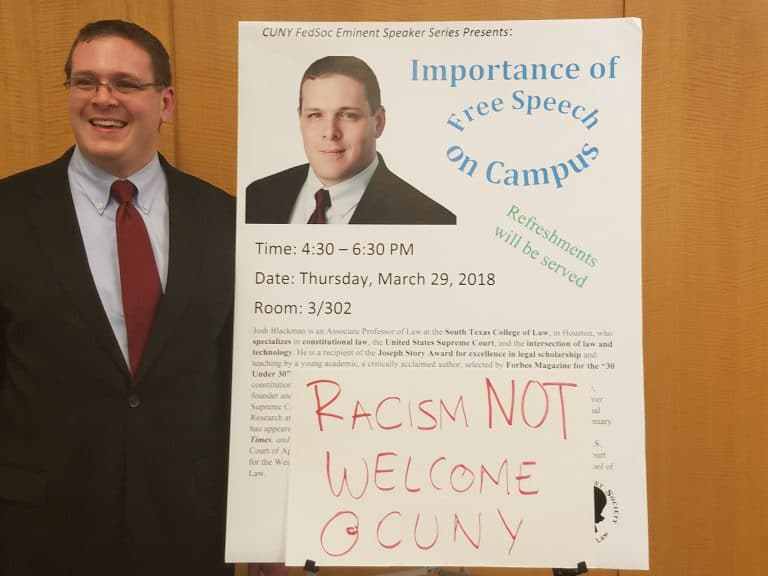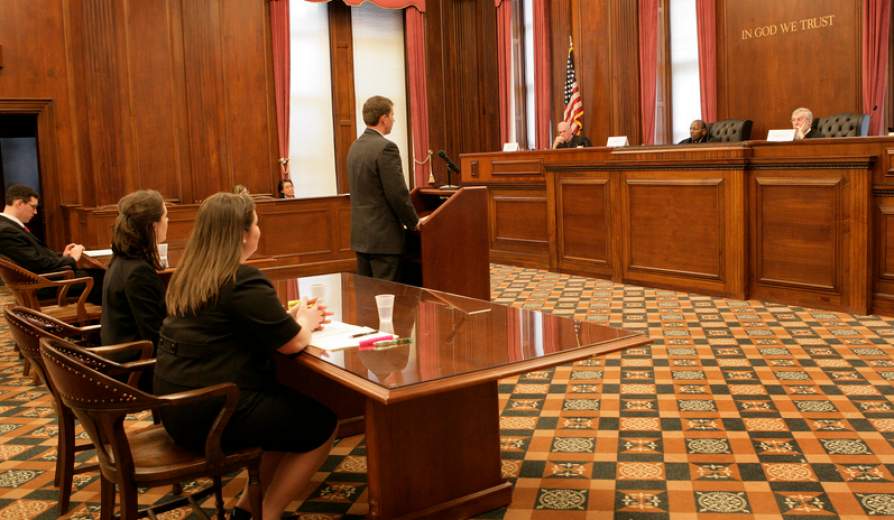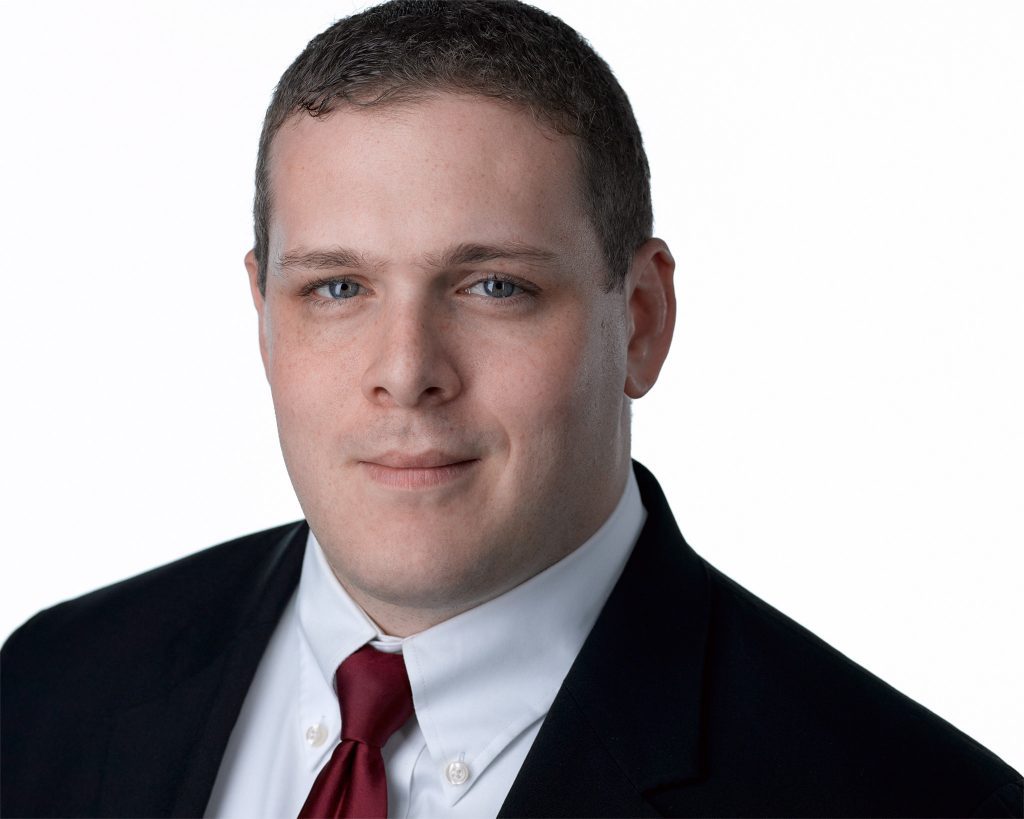 Last week I wrote about a group of students at CUNY Law who decided to disrupt the First Amendment speech of Prof. Josh Blackman. They didn’t like the way he thinks laws and the constitution should be interpreted, so they figured if they could shout him down this would magically change the way laws and the constitution get interpreted.
Last week I wrote about a group of students at CUNY Law who decided to disrupt the First Amendment speech of Prof. Josh Blackman. They didn’t like the way he thinks laws and the constitution should be interpreted, so they figured if they could shout him down this would magically change the way laws and the constitution get interpreted.
It didn’t go well for the students, and they’ve been widely widely ridiculed regarding their conduct. And yeah, the talk was to be about free speech, of all things.
But Prof. Eugene Volokh of UCLA Law — also the founder and longtime editor of group law blog The Volokh Conspiracy — has this interesting thought about whether these students should be punished:
The protest, I think, shows a narrow-mindedness on the students’ part, and an unwillingness to listen to substantive argument. But the heckling, which seems like an organized attempt to keep Blackman from speaking, is something much worse — something that universities ought to punish, and that I would think many universities would indeed punish, at least in other situations.
But the question of punishment is twofold: For even if you think they should be metaphorically spanked, the question remains as to constitutes suitable punishment. A punishment must, after all, fit the crime.
So here’s my two rupees on the subject. The answer to the first question is an easy yes. An organized effort to silence a speaker is a major no-no, not just for any university students, but especially for law students. They should know better.
And the “punishment” should be compulsory participation in CUNY’s Moot Court program, which exists as a competition among students.
For those non-lawyers reading here, the usual moot court format is for a legal problem to be given and a team of students to write a brief. One student might handle an issue of whether the case is properly in this court (jurisdiction) while another might handle the substantive part (i.e. Is it constitutionally protected speech if a person does xyz?).
But this is the kicker, and the reason it’s such a valuable teaching tool: The students argue the side that they briefed on day one, but the next day must argue the other side. And they do it before a panel of “judges” that are busy firing questions at them as if in an appellate court. It’s the closest, most realistic, experience to an actual courtroom that a student will have in law school.
The requirement of arguing both sides forces the students to look at problems in a more objective light. It may force students to make arguments that run contrary to their own feelings about how a law should be read. It will force students to look at the warts of their own arguments, as almost all arguments have warts someplace.
Without an ability to understand all sides of an issue, it’s impossible for practicing lawyers to give objective advice to their clients — and that is what we get paid to do. This forces the issue to the forefront.
The moot court competition law school was, for me, the single most valuable experience of my academic experience. It did more to turn me from a student into a lawyer than anything else.
Those students that were disruptive — and it is yelling and screaming that are disruptive, not holding signs no matter how inane they may be — clearly have not yet learned enough about the law if they are acting out the way they did. They are not even close to ready for their legal careers and representing people.
While it may be easy to think some other, more traditional, type of punishment should be administered, the question any laws school should ask is, “What will make them better lawyers?”
And ten years later, they will send thank you notes to the administrators that made them do it and the professors that oversaw the program.


